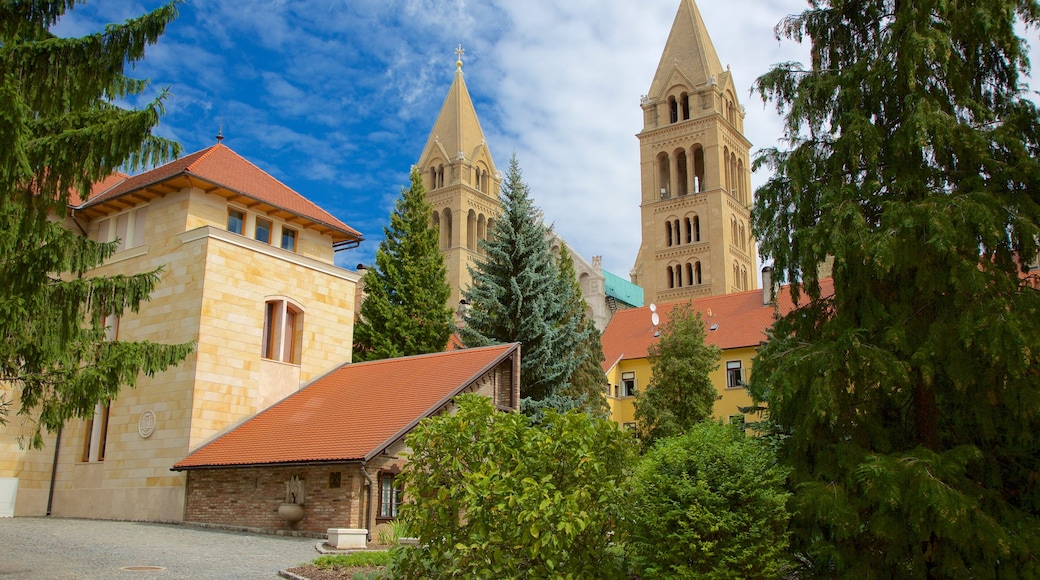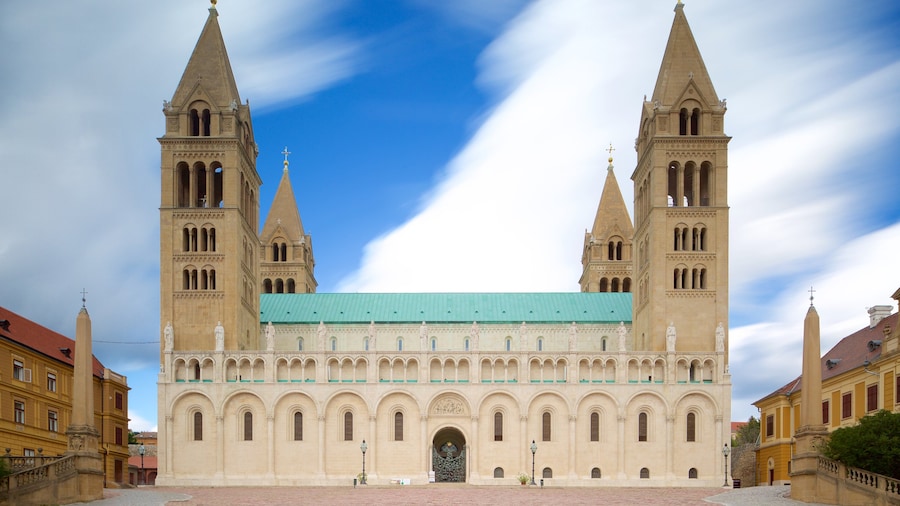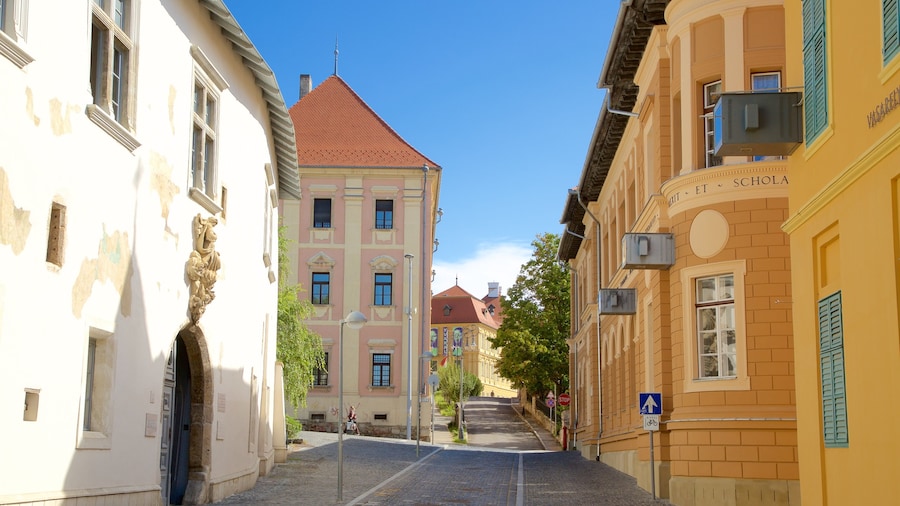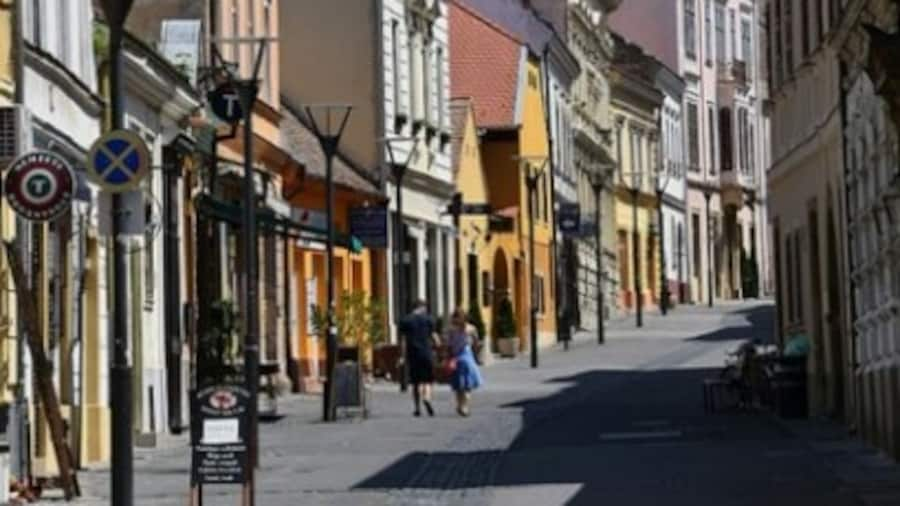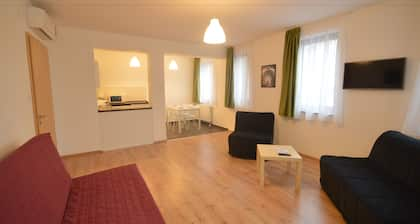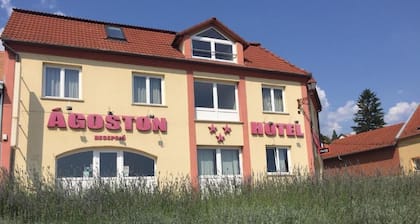The Bishop’s Palace stands in the heart of historic Pecs and the vast complex is a must-see on a visit. Walk through its impressive rooms and marvel at the exterior architecture, which has undergone many changes throughout the centuries. Today the yellow façade is still one of Pecs’ most iconic structures.
There has long been an important building on the spot where the Bishop’s Palace stands. From A.D. 870 a church stood here, and then in 1009 King Saint Stephen established the Bishopric of Pecs. Visit today, however, and what you will see is not this early example. That church burned down in the 11th century and a Romanesque basilica was constructed in its place.
Additional buildings later began appearing around the basilica, together creating the Bishop’s Palace complex. Various bishops have resided here, with Bishop György Klimó completely rebuilding the complex in 1770. It is the results of this last phase of construction that remain standing here today. Notice, however, that the grand Renaissance style of the interior is different to the façade, which was later remodeled in a Baroque style.
Walk around the outside of the building first. There is a mixture of Baroque and neo-Renaissance styles in the different wings. Indeed, it wasn’t until 1965 that six Renaissance windows were discovered in the south wall.
One of the highlights of a trip to the palace is the statue of Franz Liszt created by Imre Varga in 1983. The statue stands looking over the palace balcony to Dóm Square.
Venture inside the palace to explore the parlor, waiting room, private chapel, private library, dining room and Habsburg room. There are exhibitions on the past bishops and you can also visit the secret underground tunnel, inner garden and cellar.
The only way to explore the Bishop’s Palace is by guided tour. It is open daily, with several tours per day during the summer months. There is a fee to join a tour family discounts are available. Find the palace in the heart of historic Pecs, easily accessible on foot or by public transportation.
